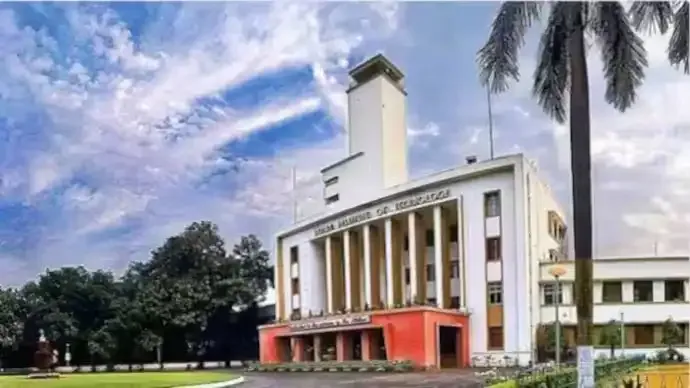Shopping cart
Your cart empty!
Terms of use dolor sit amet consectetur, adipisicing elit. Recusandae provident ullam aperiam quo ad non corrupti sit vel quam repellat ipsa quod sed, repellendus adipisci, ducimus ea modi odio assumenda.
Lorem ipsum dolor sit amet consectetur adipisicing elit. Sequi, cum esse possimus officiis amet ea voluptatibus libero! Dolorum assumenda esse, deserunt ipsum ad iusto! Praesentium error nobis tenetur at, quis nostrum facere excepturi architecto totam.
Lorem ipsum dolor sit amet consectetur adipisicing elit. Inventore, soluta alias eaque modi ipsum sint iusto fugiat vero velit rerum.
Sequi, cum esse possimus officiis amet ea voluptatibus libero! Dolorum assumenda esse, deserunt ipsum ad iusto! Praesentium error nobis tenetur at, quis nostrum facere excepturi architecto totam.
Lorem ipsum dolor sit amet consectetur adipisicing elit. Inventore, soluta alias eaque modi ipsum sint iusto fugiat vero velit rerum.
Dolor sit amet consectetur adipisicing elit. Sequi, cum esse possimus officiis amet ea voluptatibus libero! Dolorum assumenda esse, deserunt ipsum ad iusto! Praesentium error nobis tenetur at, quis nostrum facere excepturi architecto totam.
Lorem ipsum dolor sit amet consectetur adipisicing elit. Inventore, soluta alias eaque modi ipsum sint iusto fugiat vero velit rerum.
Sit amet consectetur adipisicing elit. Sequi, cum esse possimus officiis amet ea voluptatibus libero! Dolorum assumenda esse, deserunt ipsum ad iusto! Praesentium error nobis tenetur at, quis nostrum facere excepturi architecto totam.
Lorem ipsum dolor sit amet consectetur adipisicing elit. Inventore, soluta alias eaque modi ipsum sint iusto fugiat vero velit rerum.
Do you agree to our terms? Sign up

The Supreme Court has issued a notice to IIT Kharagpur, IIT Delhi, and AIIMS after a student sought a medical transfer on mental health grounds. The student, a first-year Bachelor of Architecture candidate from the Scheduled Caste category, requested a shift to IIT Delhi to access specialised therapy available only in the national capital.
The petitioner suffers from borderline personality disorder and requires Repetitive Transcranial Magnetic Stimulation (rTMS) therapy, which is available at AIIMS Delhi. The therapy is not accessible in Kharagpur, except through costly private hospitals.
The student argued that other medical transfers had been approved in the past, making the denial in his case discriminatory. He highlighted that the IIT framework itself allows transfers for medical reasons and requested equal consideration.
On September 26, a Bench of Justices B.V. Nagarathna and R. Mahadevan issued notices to IIT Kharagpur, IIT Delhi, and AIIMS. The matter is scheduled for hearing on October 10, 2025, right after the Dussehra break.
The petitioners, represented by advocates Vipin Nair, Aditya Narendranath, and MB Ramya, pointed out that the case falls under the recent Supreme Court judgment (July 2025) recognising mental health as part of the fundamental right to life.
The petition cited Section 18 of the Mental Healthcare Act, 2017, which guarantees access to mental health services. It also referred to landmark judgments, including:
Shatrughan Chauhan case – affirming mental integrity as a right.
Navtej Singh Johar case – recognising psychological autonomy and dignity.
Sukdeb Saha case – highlighting institutional failure after a student suicide at a NEET coaching centre.
The Supreme Court reiterated that education must liberate, not burden students, urging institutions to adopt mental health-friendly policies.
This petition could set a precedent on how Indian educational institutions handle medical transfers, particularly for mental health treatment. It underscores the growing urgency to integrate mental well-being into academic policies and ensure that affordable, accessible care is provided to students across campuses.
8
Published: Sep 28, 2025